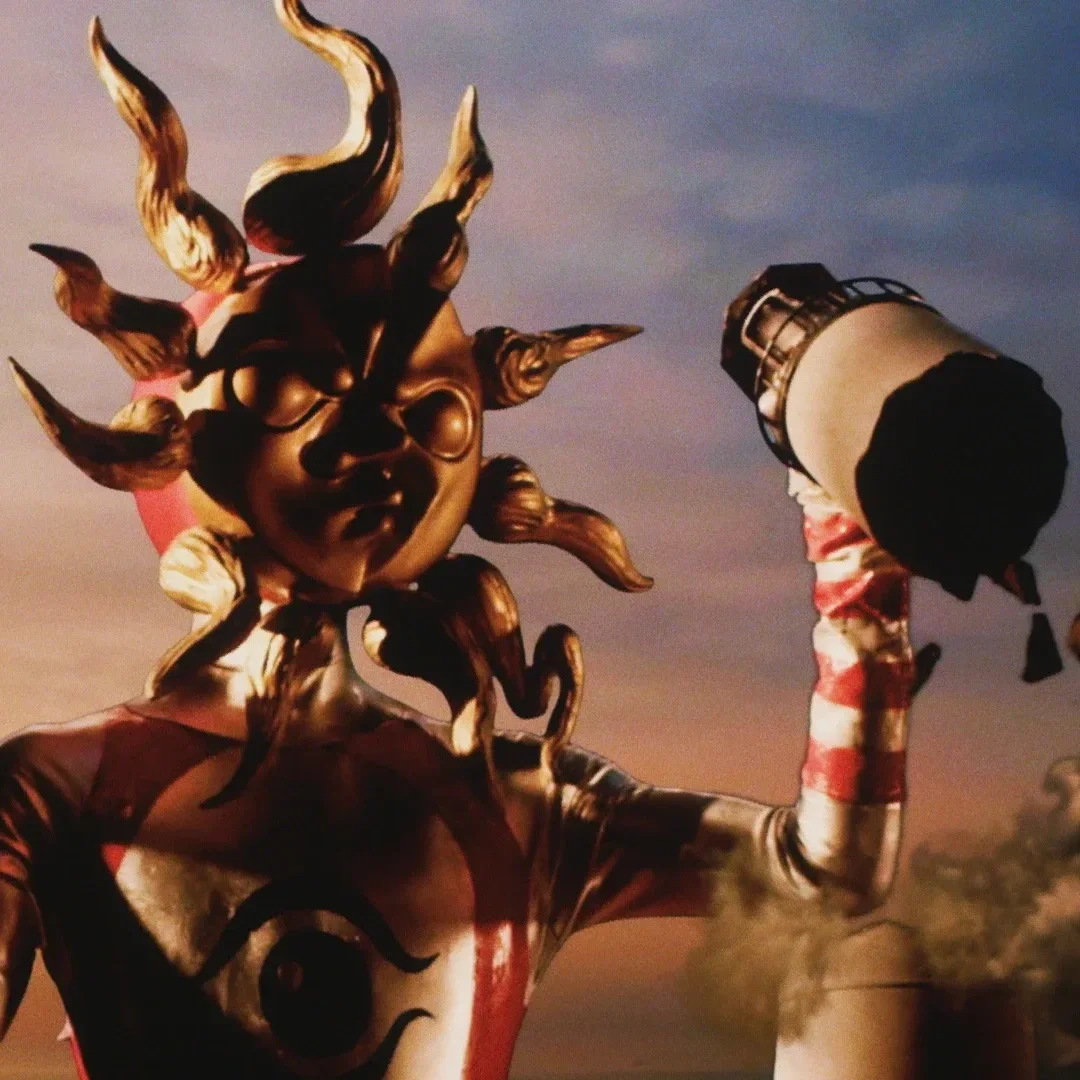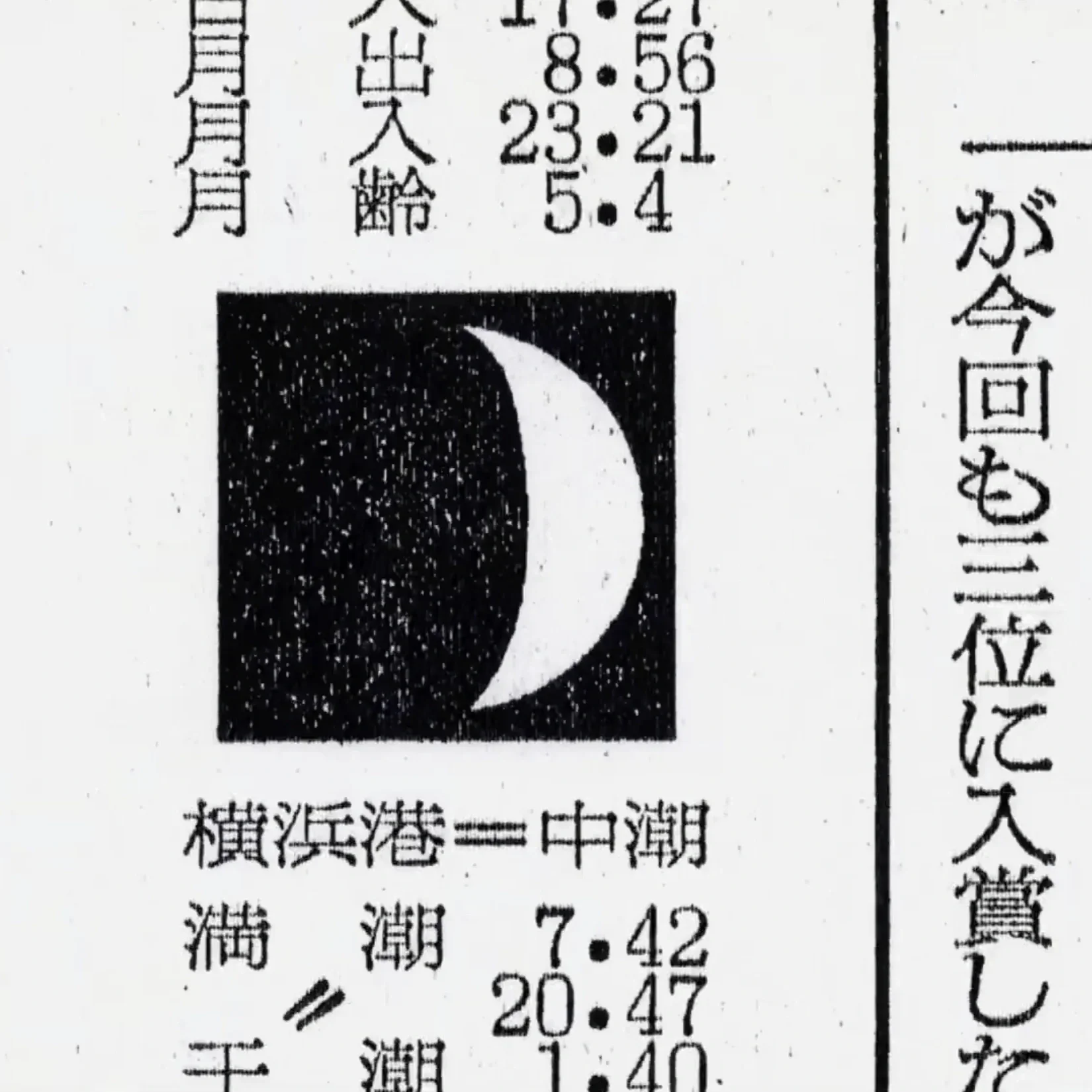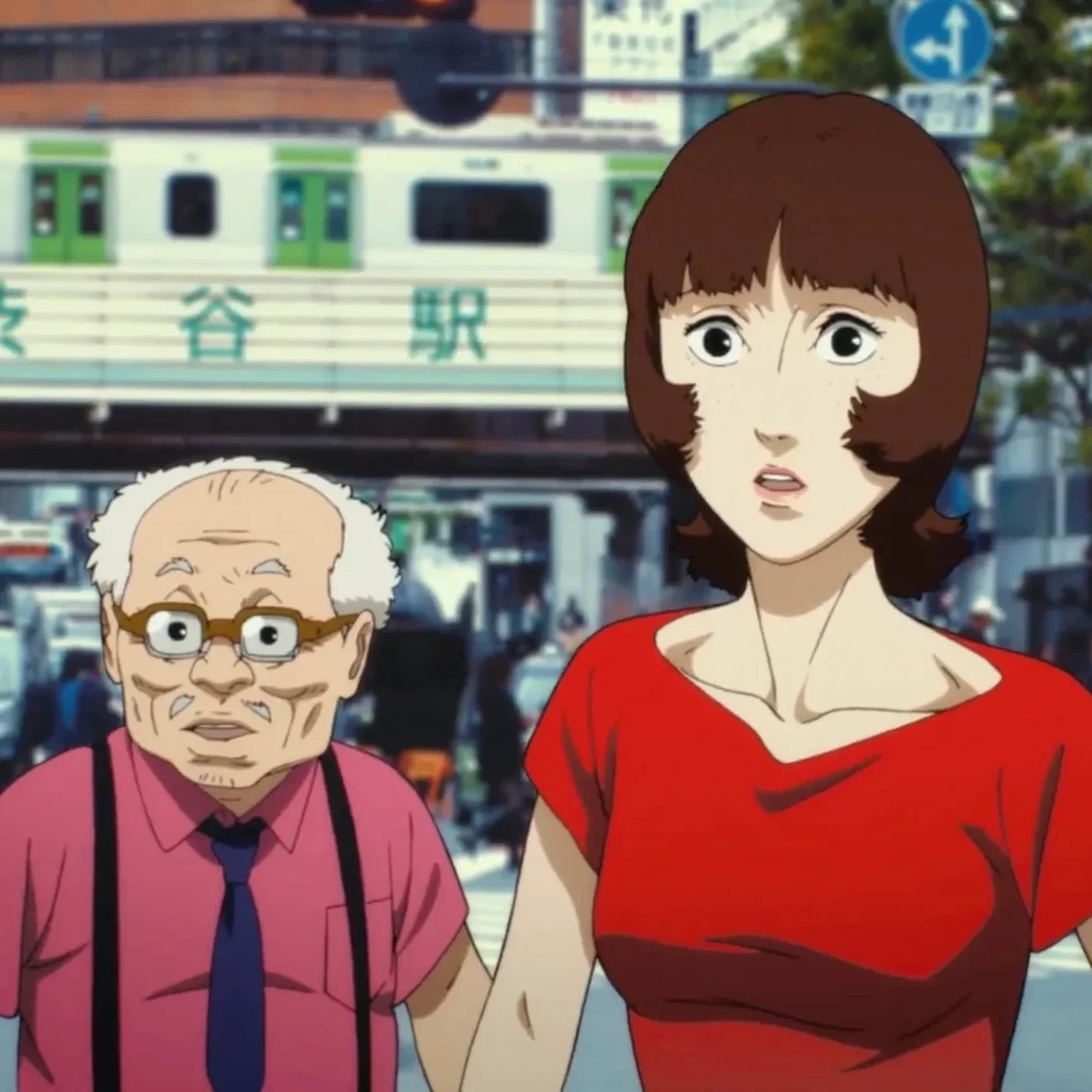Yumi Arai - The Iconic Journey of a Japanese Pop Legend
Yumi Matsutoya (松任谷 由実), also known by her maiden name Yumi Arai (荒井由実)and her affectionate nickname Yuming (ユーミン), is a towering figure in the landscape of Japanese popular music. Her influence spans over five decades, marked by a distinctive voice, iconic songs, and a series of groundbreaking achievements in the music industry. We delve into her life, musical journey, and her most prominent works that have left an everlasting mark on Japanese culture.
Early Life
Born on January 19, 1954, in Hachioji, Tokyo, Yumi Matsutoya grew up in a culturally rich environment. Her family ran a draper shop, and from a young age, Yumi was exposed to a variety of artistic influences. The unique and artistic atmosphere of the Italian restaurant Chianti, which opened in 1960 and was frequented by prominent figures like Akira Kurosawa and Yukio Mishima, played a crucial role in her formative years. It was here that she met her first record producer, Hiroshi “Monsieur” Kamayatsu.
Yumi’s musical journey began in her teenage years. At 14, she worked as a session musician, and by 17, she had written her first original song. Her debut single Henji wa Iranai was released in 1972, marking the start of a prolific career. Despite a slow start with only 300 copies sold, her talent soon caught the attention of the industry.
Yumi Arai
Rise to Fame as Yumi Arai
Yumi’s early albums under her maiden name, particularly Hiko-ki Gumo (1973), MISSLIM (1974), and Cobalt Hour (1975), laid the foundation for her future success. Cobalt Hour is often referred to as her most influential work, integrating progressive rock and European pop influences, and establishing her unique musical voice.
Her first number-one hit, Ano Hi ni Kaeritai / I Wanna Return to Those Days (1975), catapulted Yumi to national fame. The song, used as a theme for the popular TV drama Katei no Himitsu / A Household Secret, showcased her ability to connect deeply with her audience. Other notable songs from this era include Ichigo Hakusho wo Mou Ichido / The Strawberry Statement and Rouge no Dengon / Lipstick Message, which have become classics in the J-pop genre.
Transition to Yumi Matsutoya
In 1976, Yumi married Masataka Matsutoya, a key collaborator who would become her producer. Post-marriage, she began recording under her married name and continued to produce hit albums. Benisuzume (1978) marked her debut as Yumi Matsutoya, followed by a string of successful releases such as Surf and Snow (1980) and Sakuban Oaishimasho (1981).
The 1980s were a period of significant commercial success. Her music was heavily featured in advertisements, particularly for Mitsubishi Motors, further solidifying her status as a pop icon. Albums like Pearl Pierce (1982) and No Side (1984) were critically acclaimed and commercially successful.
Peak of Popularity
The late 1980s and early 1990s saw Yumi at the peak of her career.
In 1989, Yumi’s music reached a new audience through her collaboration with the acclaimed Studio Ghibli. The studio’s film Kiki’s Delivery Service, directed by Hayao Miyazaki, featured two of her songs, Rouge no Dengon and Yasashisa ni Tsutsumaretanara, both of which were significant hits from her earlier career as Yumi Arai.
Albums such as The Gates of Heaven (1990) and The Dancing Sun (1994) sold over two million copies each, a testament to her widespread appeal. She achieved the unique feat of having at least one number-one album every year for 18 consecutive years on the Oricon charts.
During this period, singles like Hello, My Friend and Haru-yo, Koi became massive hits. These songs, used in popular TV dramas like Kimi to Ita Natsu / A Summer With You, are considered staples of Japanese pop music and continue to resonate with fans today.
Yumi’s Legacy
Despite a decline in record sales in the late 1990s, Yumi continued to innovate and produce music that reflected her evolving artistic vision. Albums like Frozen Roses (1999) and A Girl in Summer (2006) showcased her ability to adapt and remain relevant in the changing musical landscape.
In 2013, Yumi was awarded the Medal of Honor with Purple Ribbon, recognizing her significant contributions to the arts. Her song Hikouki Gumo was also featured as the closing theme for Studio Ghibli’s film The Wind Rises, introducing her music to a new generation of fans.
Yumi Matsutoya, or Yumi Arai, remains a monumental icon in Japanese music. Her journey from a budding teenage musician to a revered pop icon is a testament to her talent, resilience, and enduring appeal. With a career spanning over five decades, she has not only shaped the sound of Japanese pop but also left a massive mark on its pop culture landscape. As she continues to create and inspire, Yumi Matsutoya’s legacy as the queen of J-pop is firmly secured.









Discover Tomoko Aran's impact on City Pop and modern music.